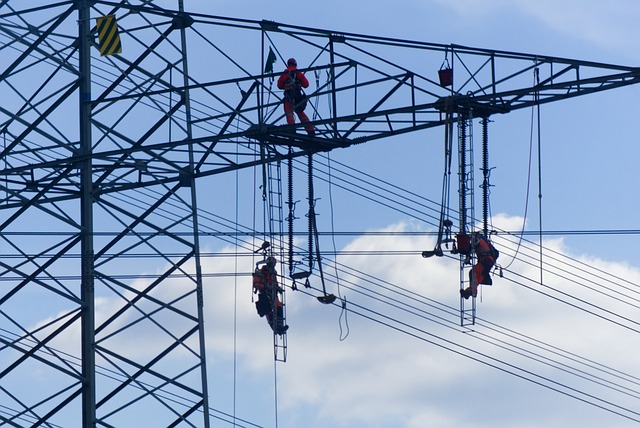A significant global broker describes the “Trilemma of Tension.”

The “Trilemma of Tension” in the global power sector is highlighted in WTW’s 2023 Power Market Review.
The research recommends that in order to effectively mitigate, manage, and transfer risk, risk managers use horizon-scanning to assess their unique risk profiles and work with partners to raise awareness and develop suitable measures.
The analysis describes an industry struggling to strike a balance between the three competing goals of cheapness, reliability, and sustainability in the energy sector. The rising cost of living, supply chain interruptions, and geopolitical concerns are all testing this equilibrium. The power industry must deal with multiple threats at once, including a possible economic downturn and recurrent price increases.
The power industry faces four major obstacles.
The Russia-Ukraine conflict has influenced the European power mix, demanding a reduction in reliance on Russian gas. Gas prices in Europe are rising, along with generation costs and wholesale market rates, because the continent lacks the capacity to import gas from other regions.
Insurers are worried about this because of market volatility and the complexity of calculating exposures, and because coal-powered generation is on the rise to make up for the decline in gas-fired capacity.
Energy, commodity, and industrial costs are all going up as a result of global inflationary pressures. Global construction and operating costs are rising due to factors such as this increase, a greater need for new power production and transmission infrastructure, and continuing COVID-19-related supply chain constraints. As insured values and claims costs rise, insurers worry that they may need to raise premiums and increase policyholders’ deductibles to cover their losses.
At its core, the energy transition is the shift towards clean energy through the development of technologies such as battery storage, carbon capture, utilization, and storage (CCUS), and the creation of green hydrogen. The rate of technological change is still an open question. Without reliable historical data, insurers find it difficult to safely underwrite for this transformation.
The effects of climate change are complex and wide-ranging. While the human toll of natural disasters is of the foremost concern, the electricity industry is also facing a myriad of issues due to extreme and variable weather conditions. These factors include fuel supply chain disruptions, lower-than-expected water levels that impact hydroelectric plants and cooling processes, less wind for turbines, storm damage to solar installations, and higher-than-average temperatures that reduce the efficiency of gas-fired power plants.
For WTW’s global natural resources chief Graham Knight, “the challenges we reported in 2022 are ever-present,” including the Russia-Ukraine conflict, global inflation, the energy transition, and climate change. However, there have been some encouraging signs. The Russian gas supply has decreased, and wholesale gas prices have leveled off. As economies around the world adjust to increased interest rates, inflation appears to be decreasing, and support for the energy transition is gaining ground.
As part of its mission to assist the Asia-Pacific region in making the transition to a more resilient and low-carbon economy, global broker WTW has just announced the opening of its Asia-Pacific Climate Risk Centre (ACRC) in Singapore.
What do you think about this story? Share your thoughts below.

